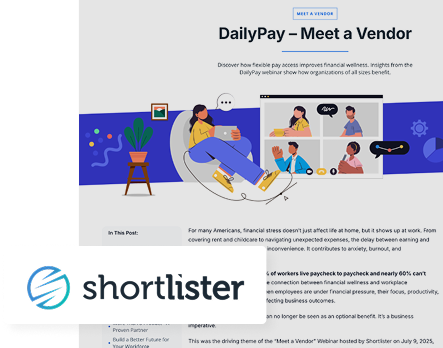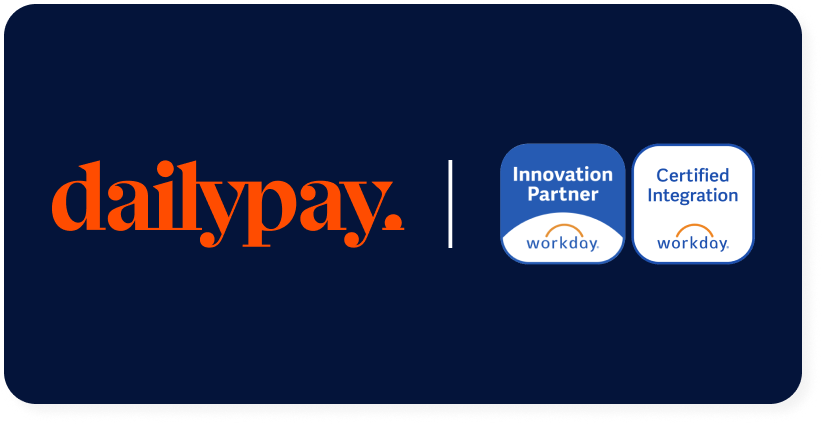Innovative employers are increasingly focusing on employee financial wellness and how it can positively impact their company. As we celebrate Financial Wellness Month each January, it’s a great opportunity to reflect on financial wellness and how you can support employees in taking steps towards a more secure future.
What is Employee Financial Wellness?
Financial wellness is an employee’s ability to manage their finances effectively. The best way to make sound financial decisions is to spend within one’s means, plan for the future, and utilize available financial tools and information.
Many employers might be unaware that their employees are under financial stress because individuals often conceal their money troubles due to stigma and shame.
A 2023 report by the TIAA Institute and the Global Financial Literacy Excellence Center (GFLEC) found that employees spend an average of eight hours a week dealing with financial issues.1
The Future of Employee Pay
Enhance employee financial wellness and retention with flexible pay access.

The Importance of Financial Wellness
Financial wellness goes beyond simply understanding how to balance a checkbook or create a budget. It encompasses a comprehensive understanding of personal finance, including:
- Budgeting and saving
- Debt management
- Investment strategies
- Retirement planning
- Tax considerations
By developing these skills, individuals can make informed decisions about their money, improving financial stability and greater peace of mind.
Learn about why financial wellness matters for your employees.
How Improved Financial Wellness Can Help Employers
There are several reasons why employers should care about employee financial wellness.
When employees aren’t under financial stress, your company reaps the rewards. Financially well employees are more likely to be engaged at work, have higher job satisfaction, and are more productive.
How Employers Can Support Their Employees’ Financial Wellness
There are a number of ways that employers can support their employees’ financial wellness. Some of these include:
- Offering financial education workshops and programs: Provide workshops, seminars, or online resources covering various financial topics.
- Providing financial wellness benefits: Include comprehensive health insurance, retirement plans with employer matching, and other financial perks.
- Offer financial counseling services: Partner with financial advisors to provide personalized guidance to employees.
- Implement earned wage access (EWA) programs: This innovative approach allows employees to access a portion of their earned wages before the traditional payday.
By supporting their employees’ financial wellness, employers can create a more productive and engaged workforce, reduce absenteeism and turnover, and improve employee morale.
How Earned Wage Access Can Improve Employee Financial Wellness
Earned wage access is a financial wellness solution that allows employees to access a portion of their earned wages before payday.
EWA can give employees more control over their finances, enabling them to manage unexpected expenses, avoid high-interest payday loans, and better plan their budgets.
By offering EWA, employers can demonstrate their commitment to employee financial wellness and help their employees achieve financial stability.











